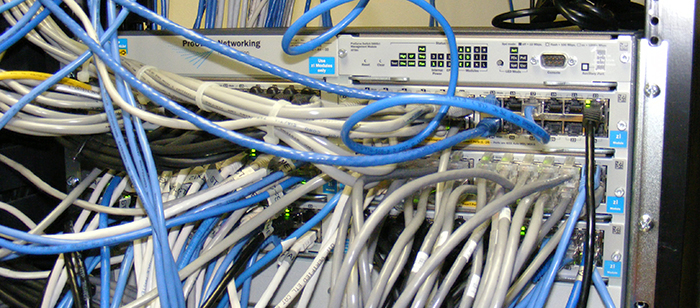
Ph.D. Dissertation proposal
Creating a Collaborative Situational-Aware IDPS
Lisa Mathews
11:00am Tuesday, 10 June 2014, ITE 346
Traditional intrusion detection and prevention systems (IDPSs) have well known limitations that decrease their utility against many kinds of attacks. Current state-of-the-art IDPSs are point based solutions that perform a simple analysis of host or network data and then flag an alert. Only known attacks whose signatures have been identified and stored in some form can be discovered by most of these systems. They cannot detect “zero day” type attacks or attacks that use “low-and-slow” vectors. Many times an attack is only revealed by post facto forensics after some damage has already been done.
To address these issues, we are developing a semantic approach to intrusion detection that uses traditional as well non-traditional sensors collaboratively. Traditional sensors include hardware or software such as network scanners, host scanners, and IDPSs like Snort. Potential non-traditional sensors include open sources or information such as online forums, blogs, and vulnerability databases which contain textual descriptions of proposed attacks or discovered exploits. After analyzing the data streams from these sensors, the information extracted is added as facts to a knowledge base using a W3C standards based ontology that our group has developed. We have also developed rules/policies that can reason over the facts to identify the situation or context in which an attack can occur. By having different sources collaborate to discover potential security threats and create additional rules/policies, the resulting situational-aware IDPS is better equipped to stop creative attacks such as those that follow a low-and-slow intrusion pattern. Leveraging information from these heterogeneous sources leads to a more robust, situational-aware IDPS that is better equipped to detect complicated attacks. This will allow for detection in soft real time. We will create a prototype of this system and test the efficiency and accuracy of its ability to detect complex malware.
Committee: Drs. Anupam Joshi (Chair), Tim Finin, John Pinkston, Charles Nicholas, Claudia Pearce, Yul Williams